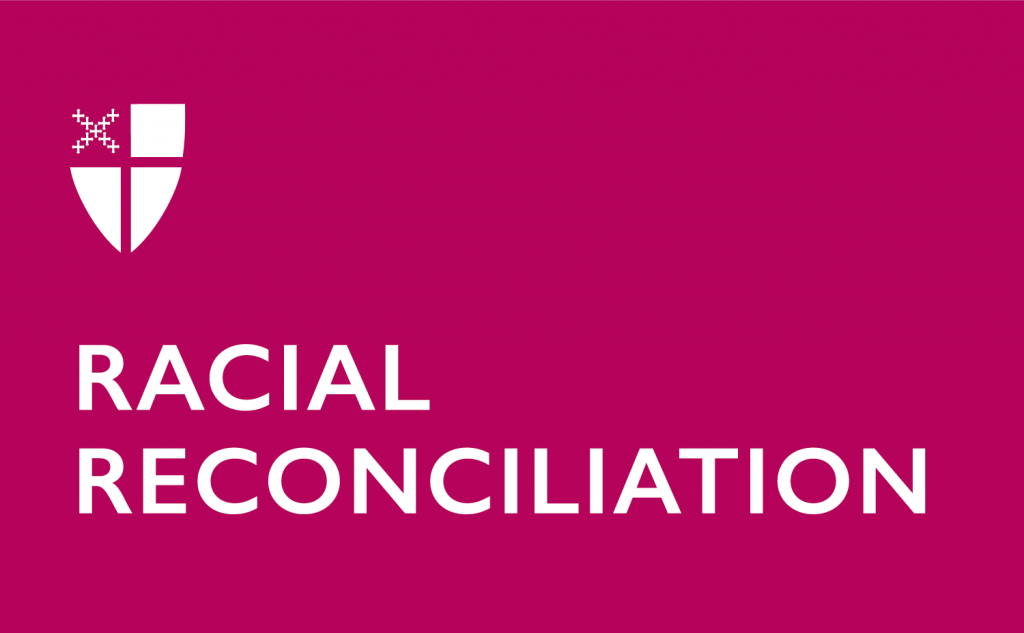Juneteenth
By Lindsey Delks
I remember my first experience with knowledge of Juneteenth. I had grown up in the deep belly of the South with grandparents who often told me the stories of their lives during the Civil Rights Movement. My great-grandmother often talked about how her own grandmother bought her dresses as a child from the White family’s house she worked in, and yet I was only introduced to the holiday many years later.
It is always hard to celebrate holidays dedicated to Black people, especially in the United States. The feeling of wanting to appreciate where you’ve come from is constantly overshadowed by the sinking feeling that you’ve never moved far enough. As a high schooler, I used the analogy of getting a crumb of bread. Every year, you may get a slightly bigger crumb, but you never get the whole slice. You’re placated, but never satisfied.
It is especially hard to celebrate Juneteenth as thousands of Black people sit in jail in the last form of legal slavery. I also think about the fact that in the years since Juneteenth became a federal holiday, we have seen waves of legislation aimed at suppressing the vote of Black people. Combined with book bans and the promotion of the teaching of revisionist history, the celebration for this year feels bleak.
But as an optimist and a dreamer, I can find a silver lining in almost any situation, and I firmly believe that we are in a place where things can only get better. My mom often quoted to me as a child James 2:17: “Thus also faith by itself, if it does not have works, is dead.” So, for Juneteenth this year, I have a challenge. It is a challenge to work both internally and externally for change. To examine the way that we all have internal conversations with ourselves about race, the way we accept criticism, and what we do when we feel compelled to make changes. And to also be leaders of change in our own family and friend groups, in our communities and churches, and to be a voice of racial advocacy in every single space we are in.
–
Lindsey Delks is a policy advisor within the Office of Government Relations for The Episcopal Church, where he handles all domestic policy.

